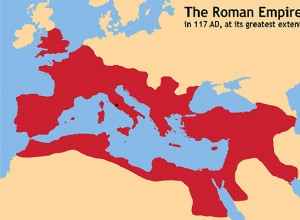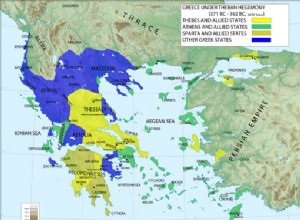The Germanic kingdoms were established after the breakup of the Roman Empire and resulted in a series of transformations that characterized the Middle Ages. The break-up of the Roman Empire was the process that resulted in the end of the Western Roman Empire. The territories until then controlled b




